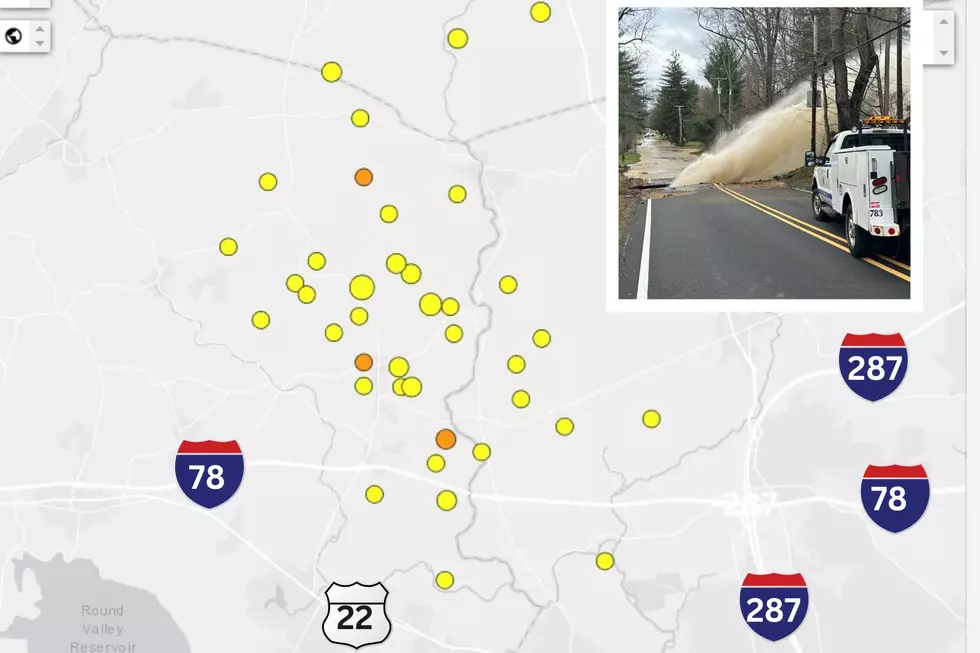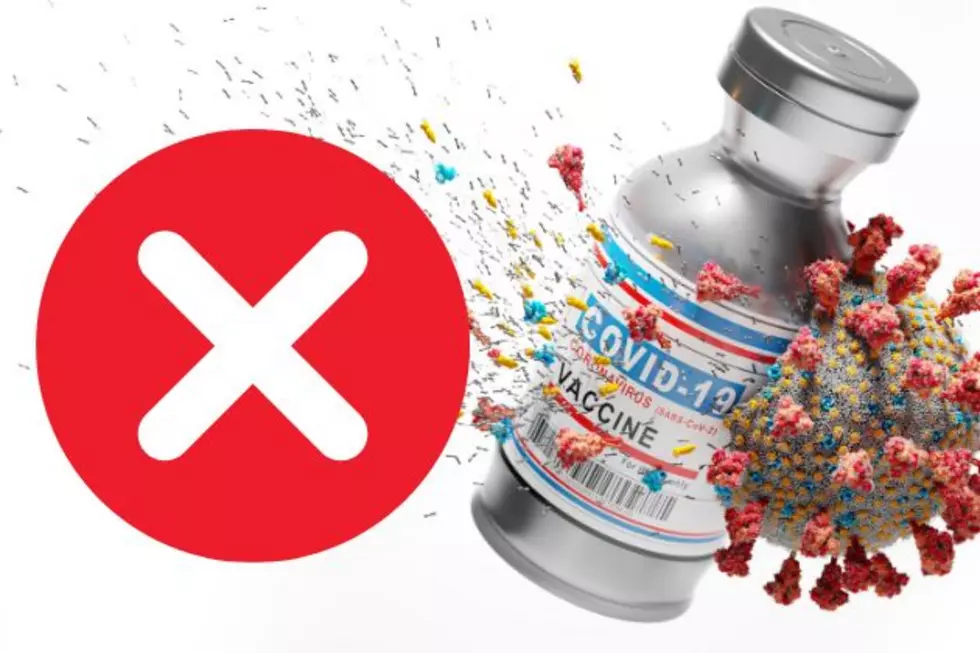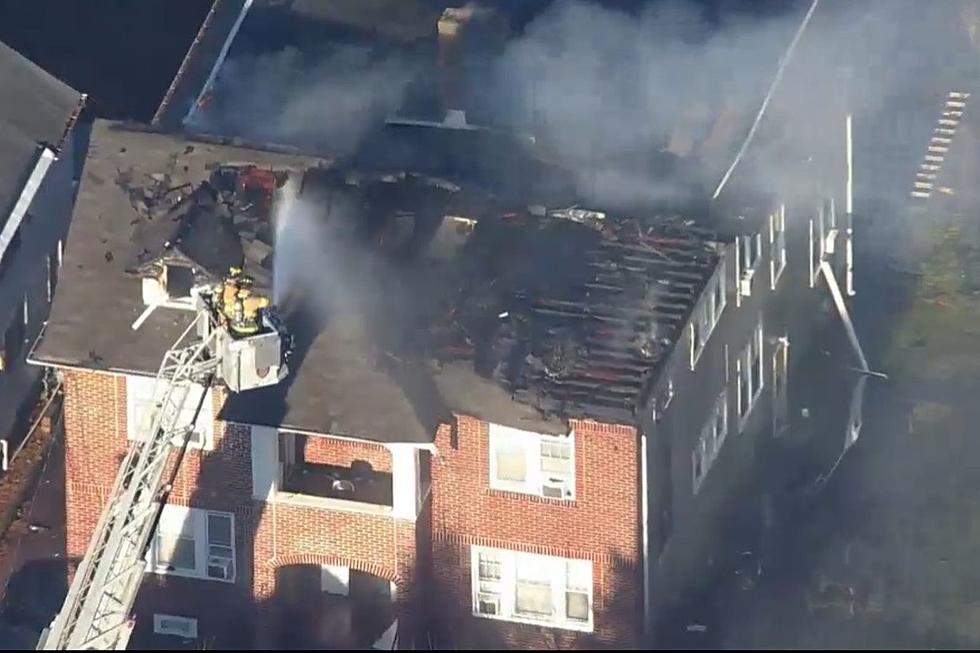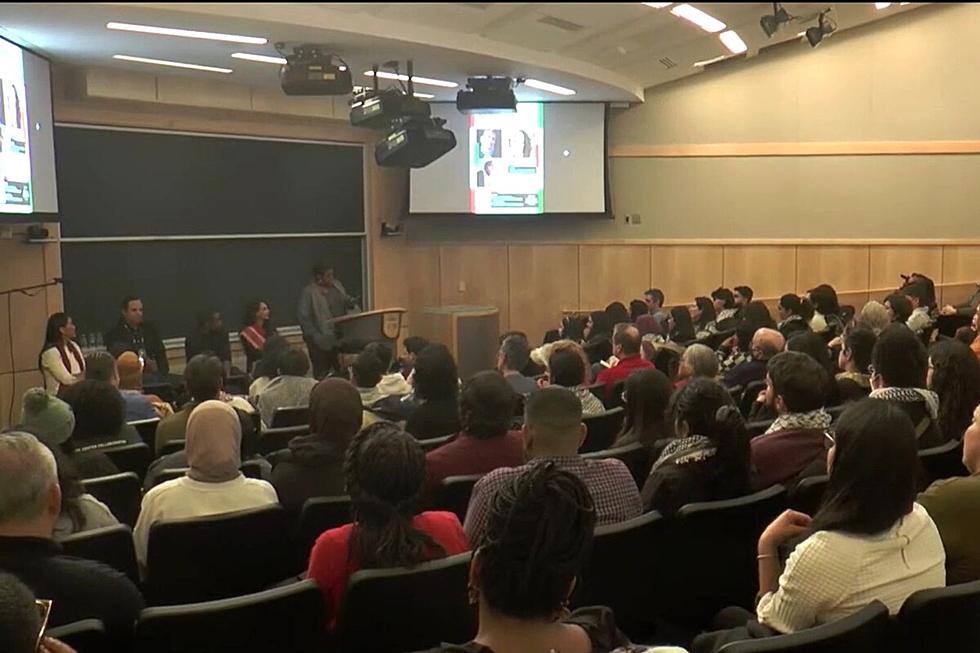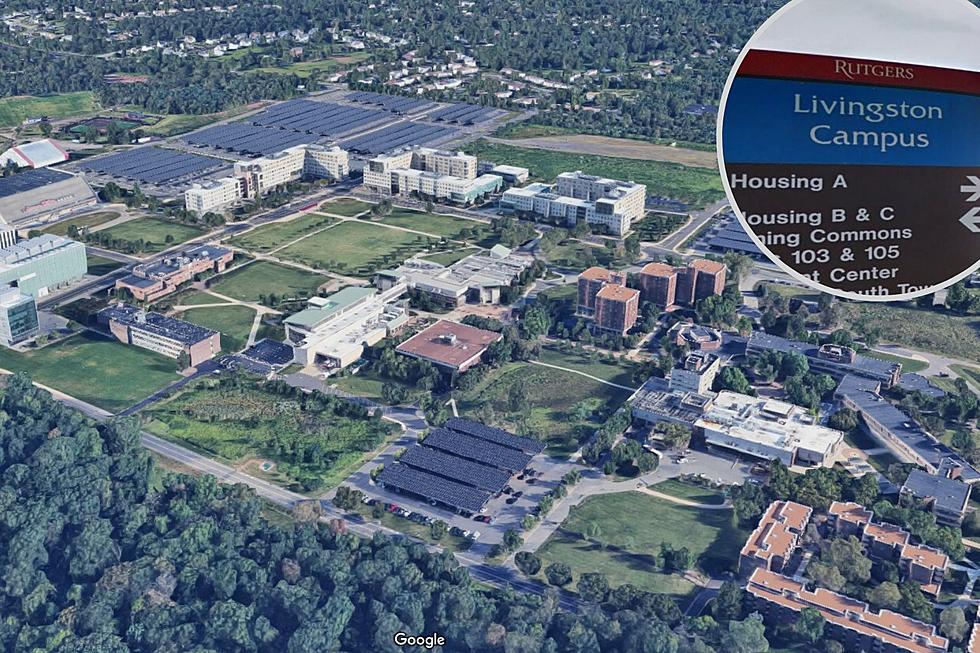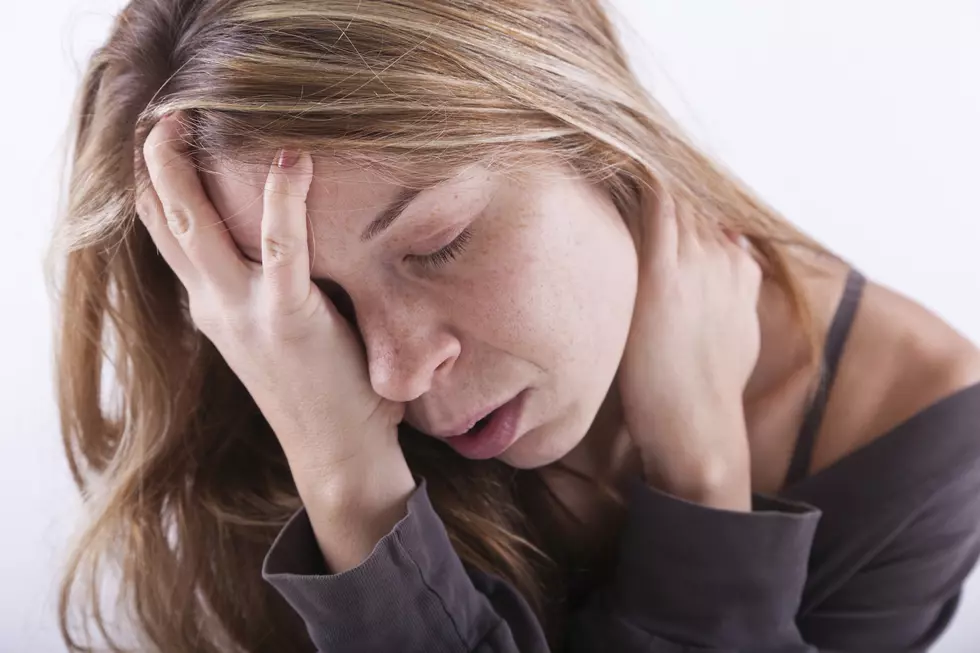
How to battle depression, anxiety, burnout and the college blues
Only a few weeks back to school and already some college students in New Jersey are burned out, or feeling anxious and depressed, says mental health experts. This, after the COVID-19 pandemic has taken its toll on them for the past year and a half.
Kids coming back to campus and having to adapt to in-person classes after doing online learning has been a big adjustment, said Stephanie Marcello, chief psychologist at Rutgers University and assistant president of education at Rutgers University's Behavioral Health Care.
She said this is a big adjustment period and sometimes during this adjustment period, especially college kids who are pre-disposed to mental health issues, those are going to be exacerbated unless the proper supports and education about those symptoms are in place.
A tell-tale sign of anxiety, depression and burnout is the lack of social connection. Marcello said kids may be overusing technology, having trouble getting their schedules in place, missing courses and missing classes. A change in behavior from what is expected of a person is a sign.
With depression, college kids may seem down and not themselves. There may be an increase in substance abuse like drinking and taking abuse. Depressed college kids don't exhibit the wellness, healthy behaviors that are typically seen.
Most kids who are feeling OK socialize, engage with friends, are a part of school activities, exercise and eat well. So, she said be on the lookout for changes in these behaviors.
To help combat feelings of depression, anxiety and burnout, Marcello said it's important for universities to screen its students for mental health concerns. There has to be a screening process to identify student needs. She said a lot of times when people are having mental health challenges, they may not even know it. They just slip into their own little world. They may realize they don't feel like themselves but they may not know how to reach out for help.
So Marcello said having a questionnaire or a mental health professional on hand to talk to kids and identify students who are at risk, is crucial. "We don't want to wait until somebody has a full fledged mental health diagnosis. We really want to engage people and talk with them to see if we can find any kind of risk behaviors," she said.
Socialization is very important. Maintain those connections. Marcello said loneliness and isolation that college students face, is really significant. So having connections help. Online connections is so different from face-to-face connections where the student can feel another human being's energy and they're giving feedback.
"Engaging with other students is so important. That is what psychologists look at in terms of suicide, as the most important prevention," Marcello said.
Do not go about this alone, she added. Do not keep things inside. It will make a person sick and it will impact a person physically, psychologically and socially.
She also said it's important to talk to friends. If a college student is feeling down, just going for a bike ride or out to dinner with friends or joining a study group can lift one's spirits.
Sometimes it's hard to seek help on your own so if you see a friend and notice something is not right, talk with them, listen to them and help them connect with any kind of professional kind of support.
She said it truly takes a village to work together on mental illness.
Never drink alcohol if you're feeling depressed. Going to a college party may sound like fun and drinking may seem like it's helping in the moment but keep in mind alcohol is a depressant. It will deplete neurotransmitters and actually make you feel even more depressed and anxious.
Take care of your body. Sleep is crucial. Sleep has an impact on the immune system. It lowers the effects of stress on the body. When someone is not getting enough sleep, they become more irritable, have trouble focusing, feel even more stressed and become prone to more negative things.
Marcello can't stress enough that social interaction and talking, talking, talking to someone are the keys to curing the college blues.
9 amazing facts about lightning you probably didn’t know
More From New Jersey 101.5 FM
